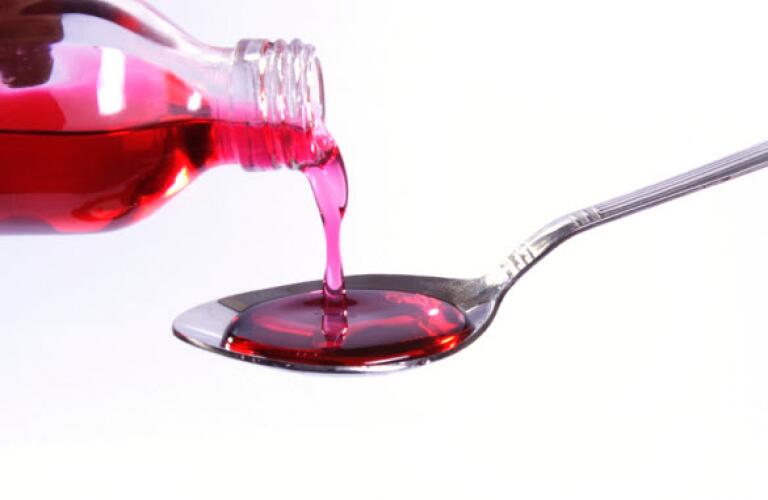
You probably know acetaminophen best by its over-the-counter brand name, Tylenol. At recommended doses, it can reduce your fever and ease minor aches and pains.
But taking even a little more than the maximum recommended dose of 4 grams per day for adults can cause serious harm to your liver. Children's levels are even lower: no more than 75 milligrams per kilogram (2.2 pounds) of their body weight. Severe overdoses of acetaminophen—7 grams a day or more—can be fatal. According to the Centers for Disease Control and Prevention, acetaminophen toxicity is the leading cause of acute liver failure.
It's easier than you think to get too much acetaminophen. That's because many other medicines besides Tylenol contain it, from prescription painkillers to nighttime cold and flu formulas. Below are some common types of medicine that contain acetaminophen. You should never take more than one of these products at the same time.
1. Prescription pain relievers
If your pain is severe or long-lasting, your doctor may write you a prescription for a drug like Percocet or Vicodin. These medicines combine acetaminophen and other pain relievers. Recently, the U.S. Food and Drug Administration asked manufacturers to limit the doses of acetaminophen in these products to 325 milligrams to make them safer.
2. Headache medicines
Over-the-counter headache medicines, including Excedrin and Anacin, may contain acetaminophen as the main active ingredient. And it's often combined with other ingredients to relieve the throbbing of migraine headaches. Some migraine treatments include aspirin and caffeine, while others contain drugs known as isometheptene mucate and dichloralphenazone.
3. Cold and flu treatments
Sniffling, coughing, and sneezing? Check the label before seeking relief in pill or liquid form. In these treatments, acetaminophen is often combined with medications that relieve other symptoms of cold and flu, such as decongestants, antihistamines, and cough suppressants.
Brand names include:
DayQuil
Alka-Seltzer Plus Cold and Sinus
Robitussin Cold, Cough and Flu
Sudafed PE Cold and Cough
Triaminic Cold and Fever
Ask your doctor or pharmacist which one is right for your symptoms. Never pair them with Tylenol or another drug containing acetaminophen.
4. Premenstrual relief pills
When it's that time of the month, acetaminophen can provide relief from headaches and muscle cramps. That's why it's a main ingredient in Pamprin, Premesyn PMS, and Midol PMS. Other medications—including ibuprofen—can be used instead. And relaxation techniques, such as breathing exercises, meditation, and yoga, may also help ease PMS symptoms.
5. Nighttime formulas
Acetaminophen doesn't make you sleepy. But it's often added to drugs that do. These formulas promise to help you sleep in addition to relieving pain or other symptoms. Brand names include NyQuil, Excedrin PM, and Goody's PM.
Other Medicines
Just because something's not on this list doesn't mean it's acetaminophen-free; more than 600 over-the-counter and prescription medications contain acetaminophen. It's important to read labels on all the medicines you take yourself or give to your child. You may have to play sleuth: Acetaminophen is sometimes known by other names, including APAP, paracetamol, and n-acetyl-para-aminophenol.
Symptoms of acetaminophen overdose include abdominal pain, yellowing skin and eyes, nausea, vomiting, and convulsions. If you think you, your child, or a family member is affected, call 911 or the National Poison Control Center at 800-222-1222.
Key Takeaways
Acetaminophen is best known by its over-the-counter brand name, Tylenol. But it's also known by other names, including APAP, paracetamol, and n-acetyl-para-aminophenol.
At recommended doses, acetaminophen can reduce a fever and ease minor aches and pains. But taking too much can cause serious harm to the liver.
- Many other medicines besides Tylenol contain acetaminophen, including prescription painkillers, nighttime cold and flu formulas, and headache pills. To avoid an overdose, never take more than one of these products at the same time.



